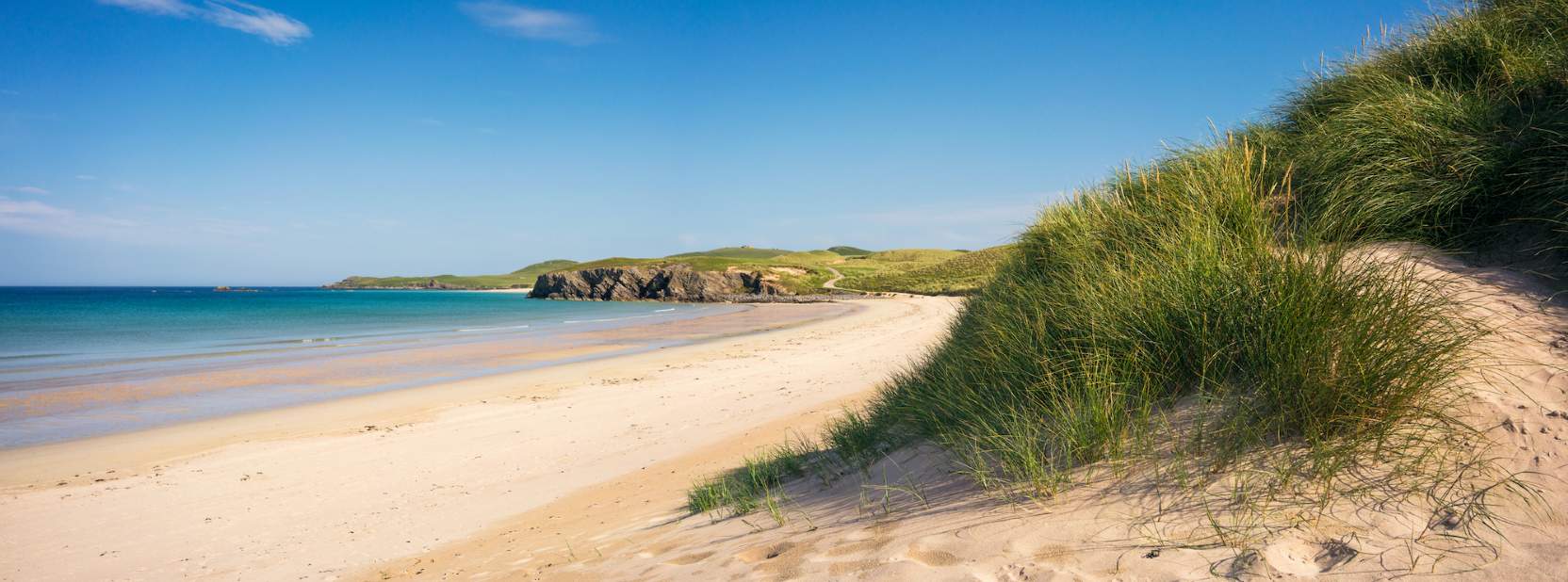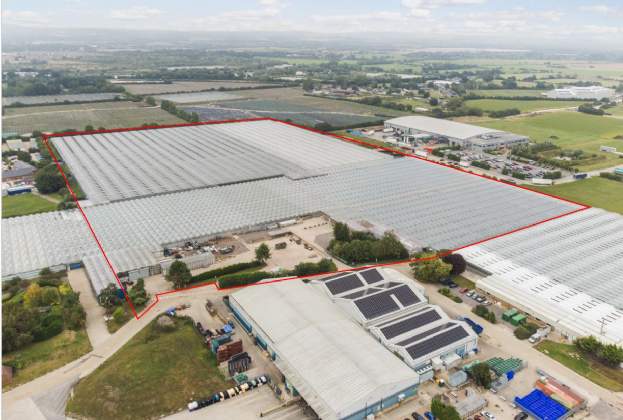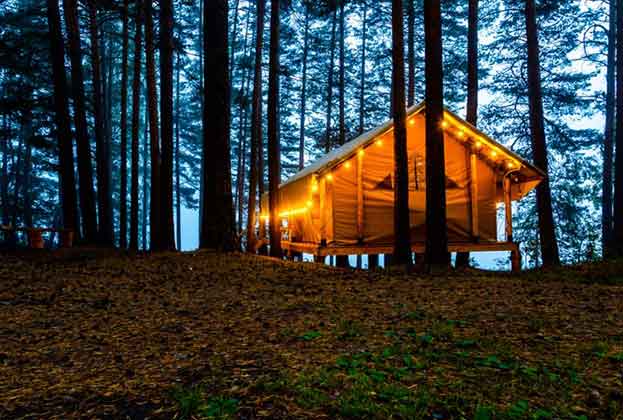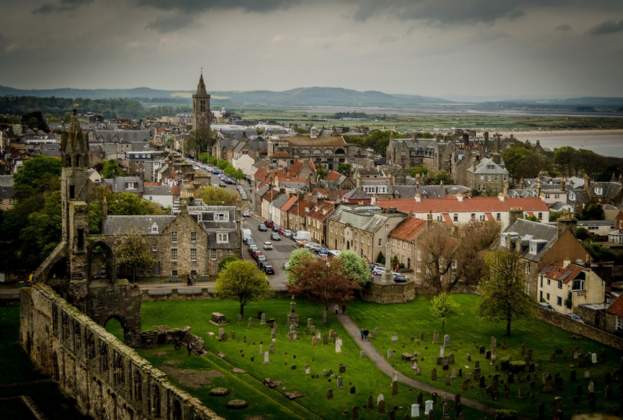Recent research by both VisitScotland and VisitEngland suggests that sustainability is the fastest growing trend in tourism. Consumers increasingly perceive acting in an environmentally responsible way to be the right thing to do from a social and moral perspective and consumers are beginning to choose brands that match their ideals. This will only accelerate and owners of tourist destinations and venues who are proactive in this regard are most likely to prosper.
Providing a sustainable net zero tourism offer to your customers will allow you to improve the overall brand appeal of your destination, helping to retain existing customers and to attract new ones.
And of course there is a compliance push too: The UK has committed to reducing the level of combined carbon emissions to net zero by 2050, while Scotland is working towards 2045, with some individual councils committing to even earlier timelines.
Achieving such reductions will require a coordinated effort, including from across the tourism sector. In its simplest form this will involve businesses undertaking three actions: using energy more efficiently; swapping to cleaner energy and offsetting any residual carbon. These are all interlinked – if you are using less and cleaner energy, then there is less to offset.
The first step will be to understand the current baseline level energy usage of your tourism property, and its correlated emissions. Once this information is recorded, the next step is to create a strategy that looks at every aspect of its energy use and where this can be improved. Such a strategy should include specific goals, priorities and timelines. Here are some actions that tourism businesses should begin to plan and budget for:
Transitioning from fossil fuels to clean energy
Reducing your reliance on increasingly expensive fossil fuels is likely to have a positive impact on the running costs of your tourism business in the long term. However, the upfront investment will not be insignificant so careful budgeting and financial planning will be required.
History and heritage is precisely what draws many visitors to some of our best loved destinations, but these are likely to be serviced by traditional systems and fuel sources which may require refurbishment, retrofitting and upgrade. Areas for review include the replacement of oil-fired boilers with alternative systems such as air, ground or water source heat pumps, which might include a district heating system, and taking advantage of natural resources through the development of a solar, wind or hydro renewable energy scheme.
Ensure the fabric of a building is as efficient as it can be
This might involve incorporating better draught proofing, sealing gaps, improving insulation and ensuring doors are closed when not in use. This can often be quite a challenge with older buildings, but even small improvements will help towards achieving the ultimate goal.
Control when energy is actually used in your properties and for how long
While this can bring some quick wins at the start of the path to net zero, usage plans will need to tie in with visiting hours when more energy may be needed for particular activities. Moving away from traditional lighting sources and replacing them with LED will bring immediate improvements in efficiencies and will reduce operating costs. Adding smart technology such as sensors or timers can help ensure that lights are only on when required, further reducing consumption and driving efficiency.
Many tourist organisations will already be delivering sustainability projects. However, a meaningful long-term strategy would link these initiatives together, creating a strong sustainability narrative with long term value. The sooner the current baseline for energy usage is established and some targets are put in place the better, as regulation and legislation will only become more onerous over time.
Further information
Contact Adam Davies or Chris Cummings



.jpg)

.jpg)

.jpg)
.jpg)
.jpg)
